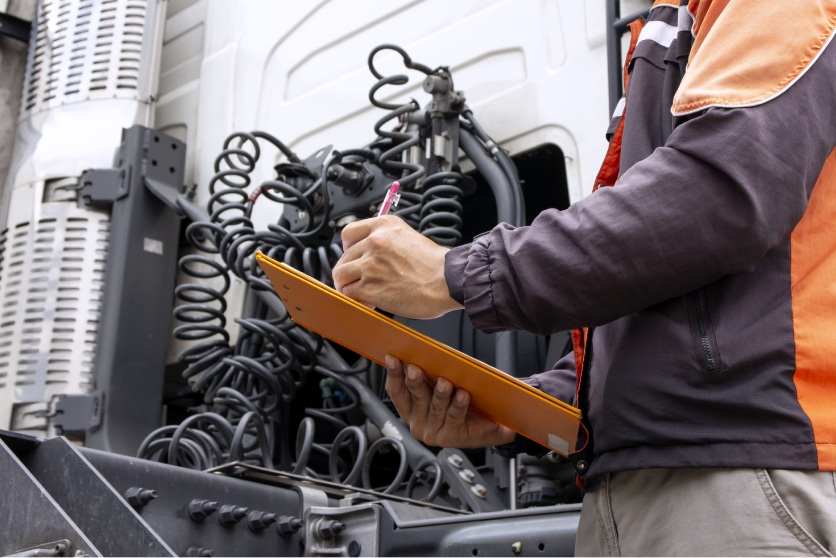Fleet Maintenance Services
Fleet maintenance is important primarily because it keeps your fleet operating safely and consistently. It’s also important because it can help manage and project maintenance costs for budgetary planning. Having a mechanical repair partner that can act as your primary fleet maintenance location will simplify repair authorizations and billing.
How often should fleet vehicles be serviced
There are many ways to improve fleet management, and most of them will take considerable effort from the fleet manager, as well as a potential financial investment. First and foremost, make sure you have GPS tracking on all large assets like vehicles and other equipment.
How can fleet management be improved
Make sure periodic inspections are scheduled so that the condition of your fleet can be closely monitored, and you can stay ahead of many unexpected repairs. Leverage a monitoring service that can give you insight into the activity and use of your fleet assets, as well as into any potentially dangerous or wasteful fleet operator behavior.
- Preventive Maintenance
- Scheduled Maintenance
- Repairs and Replacements
Additionally, make sure that any routes have been preplanned and optimized to reduce or eliminate driver-based inefficiencies. This can cut down on delays and fines by a significant amount. Finally, be sure that all timekeeping information can be verified so that accuracy in reporting can be maintained.
 Call Now ! +1 438-225-6343
Call Now ! +1 438-225-6343 Email Now info@thenorthtruckrepairshop.com
Email Now info@thenorthtruckrepairshop.com



 Call 24/7
Call 24/7 Chat Now
Chat Now